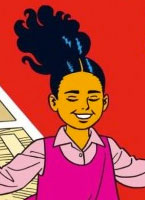 How does one (or two) go about selecting the best American comics from any 12-month period? Especially a challenge when many are by independent creators who aren’t used to submitting their work to publications like The Best American Comics. This week Tim talks with series editor Bill Kartalopoulos about the selection process, working with the 2014 guest editor Scott McCloud, the changing American perception of comics, and much more.
How does one (or two) go about selecting the best American comics from any 12-month period? Especially a challenge when many are by independent creators who aren’t used to submitting their work to publications like The Best American Comics. This week Tim talks with series editor Bill Kartalopoulos about the selection process, working with the 2014 guest editor Scott McCloud, the changing American perception of comics, and much more.
“Why Comics Are More Important than Ever” by Bill Kartalopoulos (Huffington Post, 10/28/14)
Podcast: Play in new window | Download


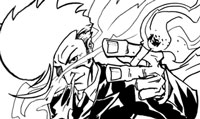 FLASHBACK! Tim takes a week off (mostly) while Kumar and Mulele take over! They’ve been hard at work making, publishing, and promoting their Web comic,
FLASHBACK! Tim takes a week off (mostly) while Kumar and Mulele take over! They’ve been hard at work making, publishing, and promoting their Web comic, 

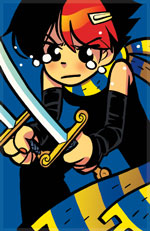 While some colorists’ work can be recognized no matter what kind of story it is,
While some colorists’ work can be recognized no matter what kind of story it is, 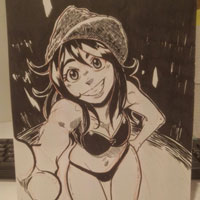 While Chris Taylor goes by the pen name “
While Chris Taylor goes by the pen name “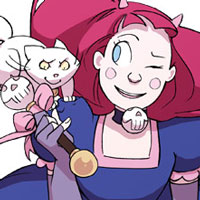
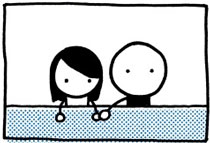 Sometimes simplicity is best. Just take a look at the work of
Sometimes simplicity is best. Just take a look at the work of  You know that feeling when you love an artist’s work, but then you get their next one, and feel like… ehh, the magic’s gone? Tim was afraid that would be his reaction to Bryan Lee O’Malley’s Seconds but, as he discusses with Cassey this week, his fears were completely misplaced!
You know that feeling when you love an artist’s work, but then you get their next one, and feel like… ehh, the magic’s gone? Tim was afraid that would be his reaction to Bryan Lee O’Malley’s Seconds but, as he discusses with Cassey this week, his fears were completely misplaced!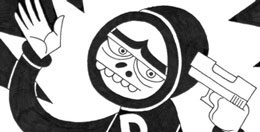 Comics conventions are changing. Some creators
Comics conventions are changing. Some creators